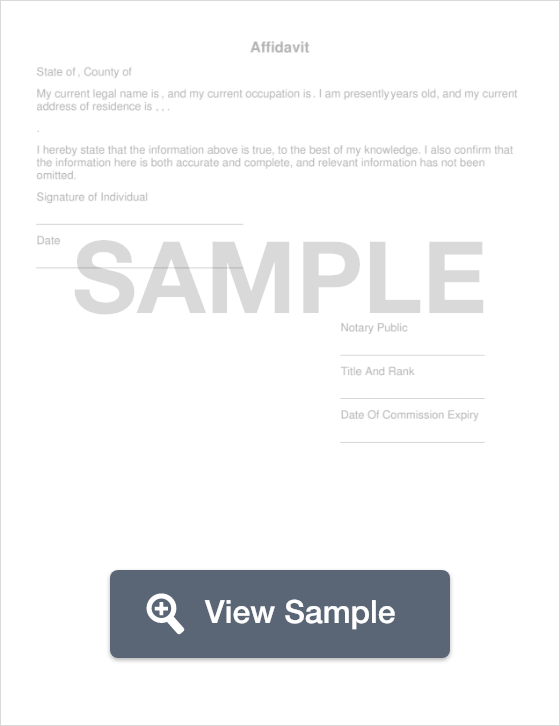
What is HIPAA rights for minors? Are there exceptions to hipaa? Are minors obligated to keep all information confidential? Health Insurance Portability and Accountability Act (HIPAA). The State of Ohio provides no guarantee of accuracy or warranties of any kind.

Utilization of this information is at the sole risk of the user. As with any matter of law, independent legal counsel should be consulted regarding compliance with the requirements of the HIPAA. In most cases, HIPAA standards overrule conflicting state laws. However, there are three exceptions to this, as outlined by the U. Department of Health and Human Services , which would result in the law of Ohio or any other state overruling the HIPAA.
The first exception is a state law that demands greater privacy than the HIPAA. Do you have an effective HIPAA compliance program? Find out now by completing the HIPAA compliance checklist. Commitment of mentally ill person is confidential unless e person identifie or the person's legal guardian, if any, or if the person is a minor , the person's parent or legal guardian, consents, and if the disclosure is in the best interests of the person, as may be determined by the court for judicial records and by the chief clinical officer for medical records.
Under Ohio law, a “health information. Establishing that every American’s health information is confidential, and the people have a right to pick and choose who may access it. While many would assume otherwise, this includes minors. Adoption of rules regarding classification of minors. Things get especially sticky when you add in stepparents and grandparents, and when a minor controls all or a portion of their own records.
It’s a good time to review the basics. Ohio’s laws about mature minors and the rights of minors to consent to health care are not completely clear. Because of this, and because parents are often an important part of a teen’s health support system, hospitals or doctors may decide to reveal health information about a teen to the teen’s parents.
When an individual reaches the age of majority or becomes emancipate who controls the protected health information concerning health care services rendered while the individual was an unemancipated minor ? Ohio law defines a “minor” as any person between birth and years old. A minor is denied certain rights under the law, such as the right to vote, the right to enter into an enforceable contractan in most cases, the right to consent to medical care. If explicitstate law (including case law) permits or precludes disclosure of protected health information about a minor to a parent, guardian or other person acting in loco parentis, then HIPAA defers to the state law, C. Adult patients years after the last treatment date.
Minor patients years after the last treatment date or until the patient’s 21st birthday, whichever is later. Ohio: years as stipulated by basic HIPAA regulations. Parents (including guardians and persons acting in loco parentis) are considered to be the personal representatives of their unemancipated minor children if they have the right to make health care decisions for them. A minor is a person who does not have the legal rights and responsibilities of an adult.
The HITECH Act called for an increase in penalties for noncompliance with HIPAA. HIPAA violations across all four penalty tiers. Require all minors to work at least in pairs 5. Not employ any minor who does not have an appropriate Age and Schooling Certificate 6.
No comments:
Post a Comment
Note: only a member of this blog may post a comment.